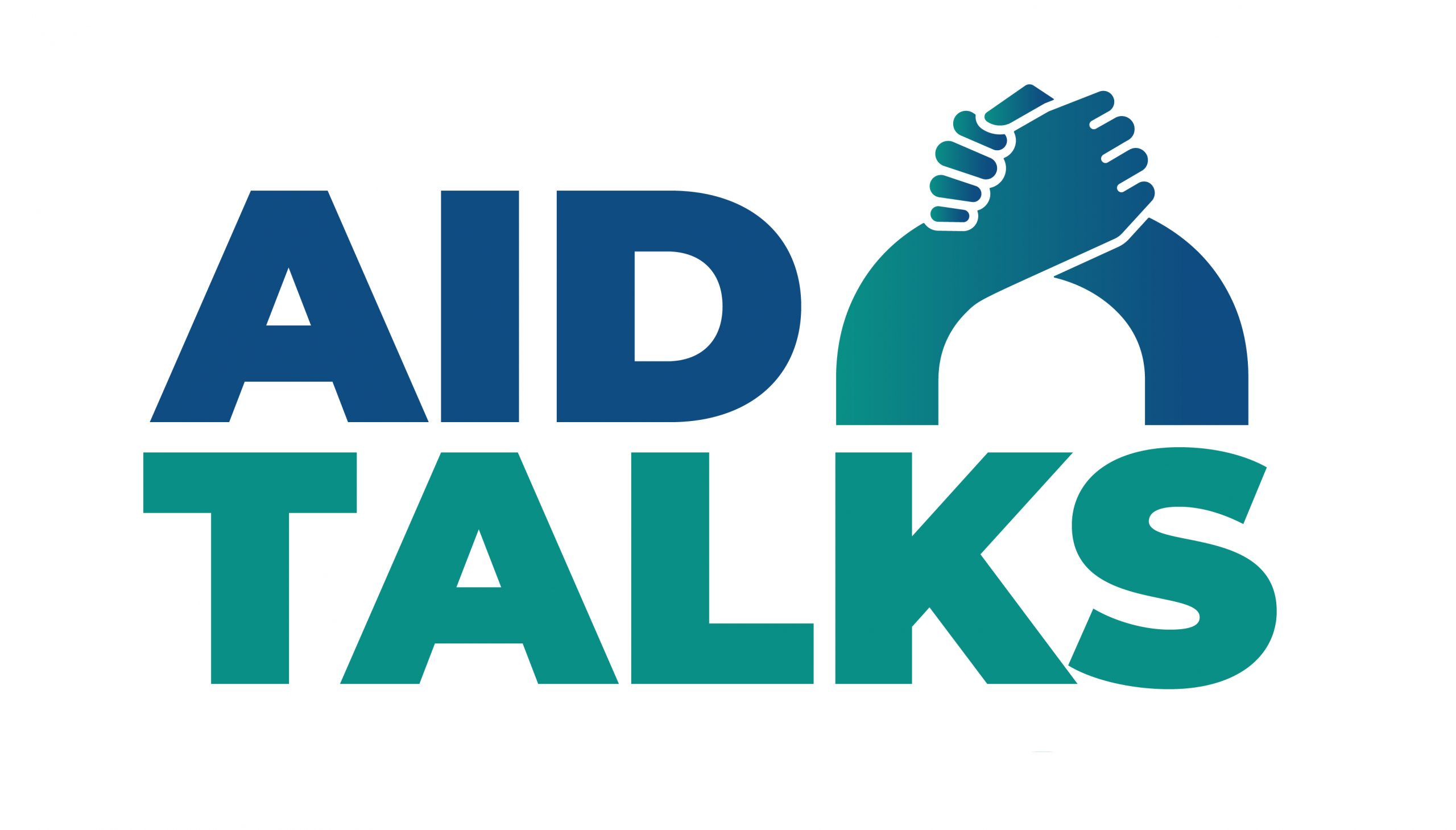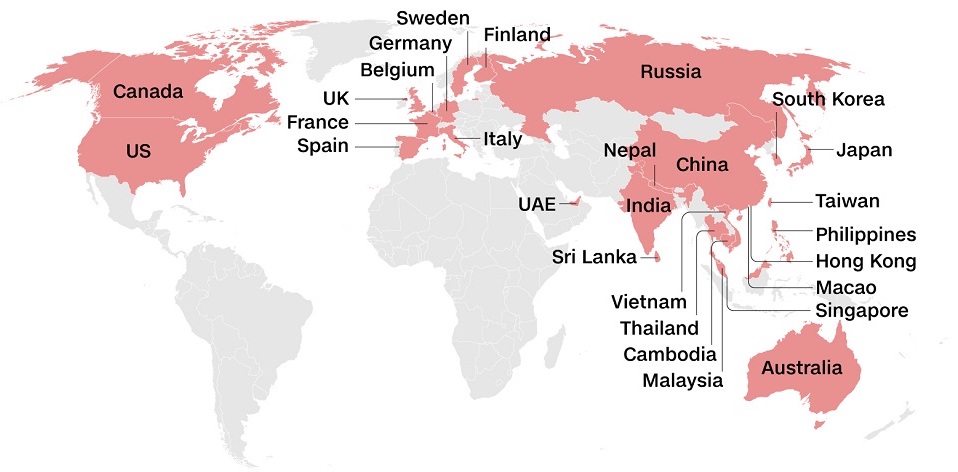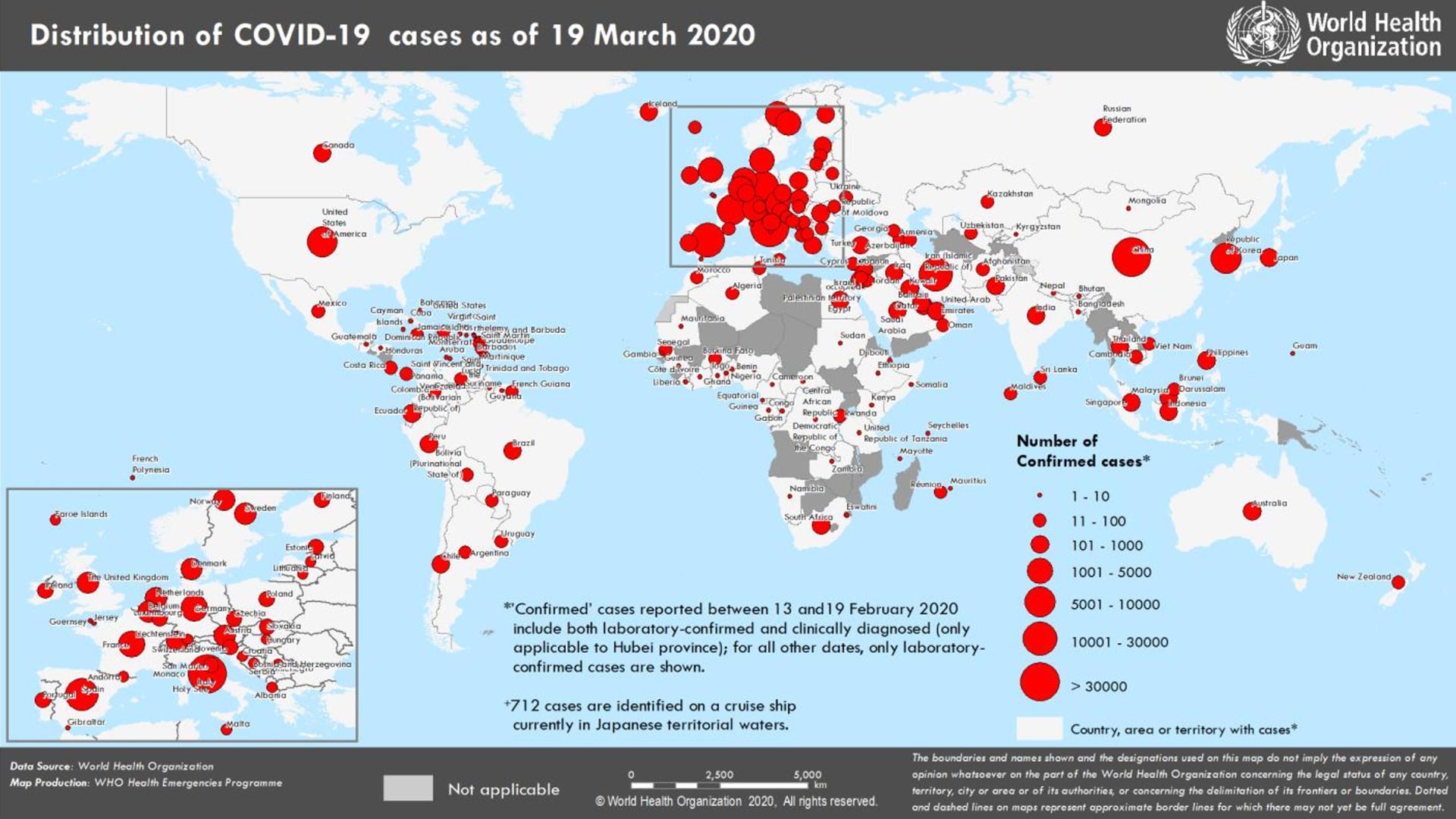News and Events
Statement of the RoA International Coordinating Committee | 23 April 2020 (Download Statement with Spanish version) The recently published preliminary ODA data of 2019 show that aid spending by DAC members totaled USD 152.8 billion representing a slight real term increase compared to 2018. In relative terms however, ODA as a percentage of DAC members’ combined GNI dropped to 0,3%. The figures also show a 5.7% increase in ODA given as loans instead of grants,
No country is safe amidst the coronavirus global crisis. From those with wealthy economies to those with scarce resources, the effects of the pandemic are widely felt – aggressive lockdowns and curfew, military deployment, unemployment and layoffs, debts, hunger, to name a few. However, some states are dealing with the effects under harsher circumstances than others. The impacts of the pandemic are worst for conflict-affected, fragile states. The Reality of Aid – Asia Pacific
Let’s talk about conflict and fragility in this time of COVID-19 and how the outbreak exacerbates living conditions for refugees, migrants and the poor. APRIL 21, 2020 4PM Manila / 6PM Sydney REGISTER NOW: bit.ly/AidTalks-Webinar_TheFragileCaseofCOVID-19 MORE INFO HERE: https://www.facebook.com/events/508737999806387/ *The Aid Talks webinar will also be live streamed on YouTube and available after the event. The COVID-19 pandemic is a public health emergency crisis. Governments were put to a test on how strong or
La Red de Realidad de la Ayuda expresa su más profunda solidaridad con todos los pueblos de todo el mundo que se enfrentan a la pandemia de la enfermedad por coronavirus de 2019 (COVID-19). La Red también expresa su sincero agradecimiento a todos los que están en primera línea, en particular a los trabajadores y profesionales del sector de la salud. COVID-19, declarado por la Organización Mundial de la Salud (OMS) el 11 de marzo
The Reality of Aid Network expresses its deepest solidarity with all peoples from across the world braving the 2019 coronavirus disease (COVID-19) pandemic. The Network also expresses its heartfelt gratitude to all those in the frontlines, particularly workers and professionals in the health sector. COVID-19, declared by the World Health Organization (WHO) on March 11th a pandemic, has now infected almost half a million and killed more than twenty thousand people worldwide. The global community
The world is in a state of calamity. From Asia Pacific to the Americas; from Europe to Africa, the COVID-19 pandemic shook national governments to respond abruptly and proactively. In response to the hourly escalation of cases, national governments implemented drastic measures in the attempt to contain the spread of the virus. Governments with well-planned measures such as South Korea, Singapore, and Cuba were able to achieve this overtime, but this is not the case
SITEMAP
Research and Publications
RoA Reports
CONTACT
Global Secretariat
3F 114 Timog Avenue
Quezon City, Philippines 1103
+63 2 8927 7060 to 62 loc 201, +63 02 7007 0249
secretariat@realityofaid.org
KEEP IN TOUCH
STAY UPDATED




